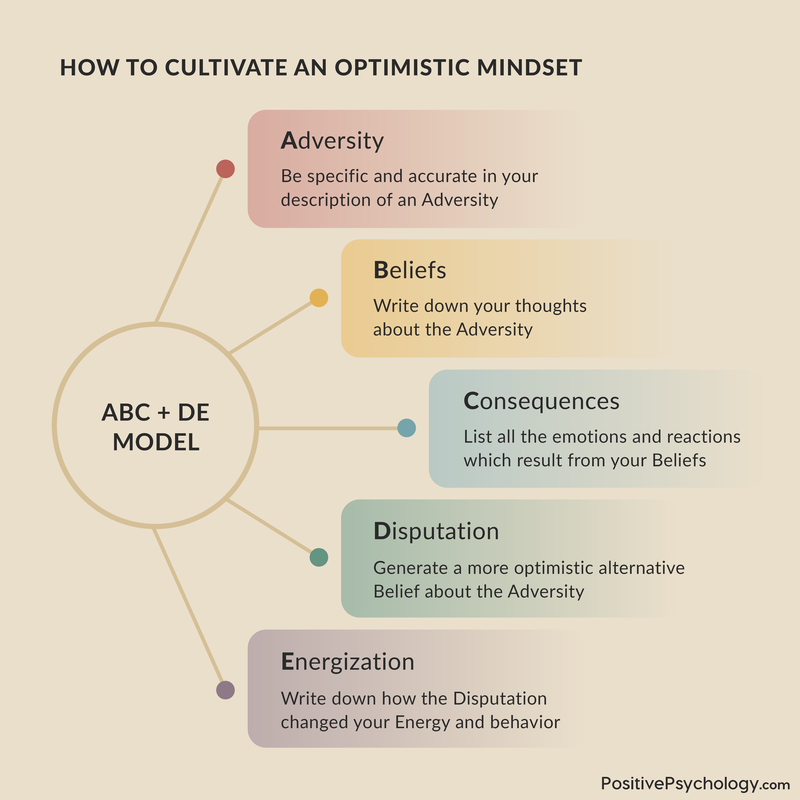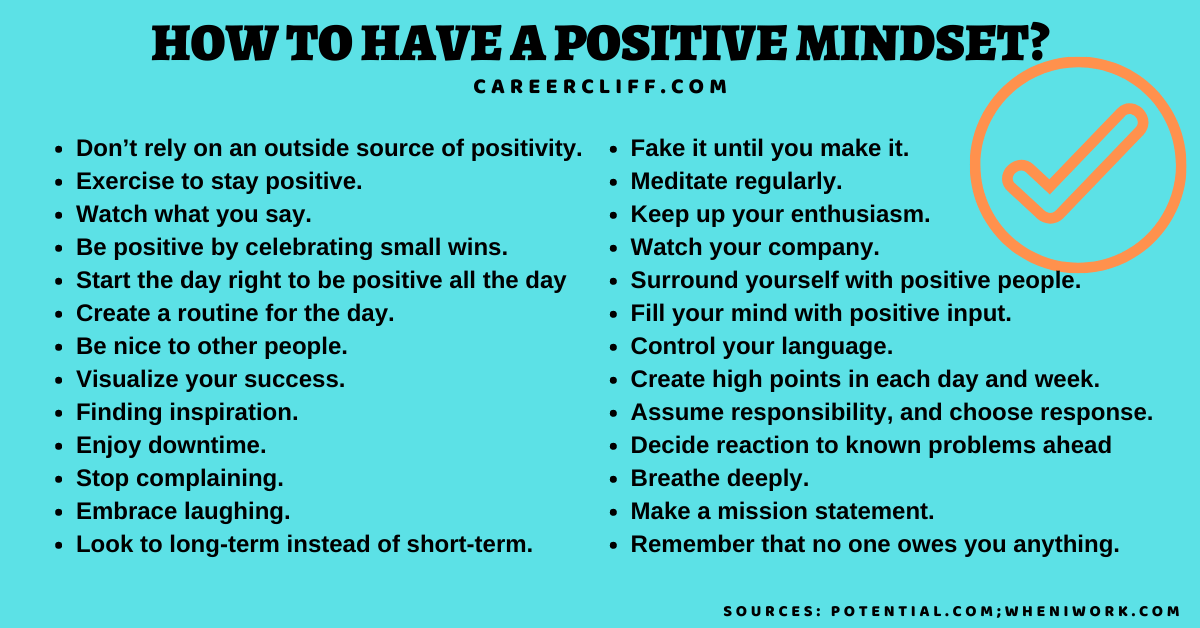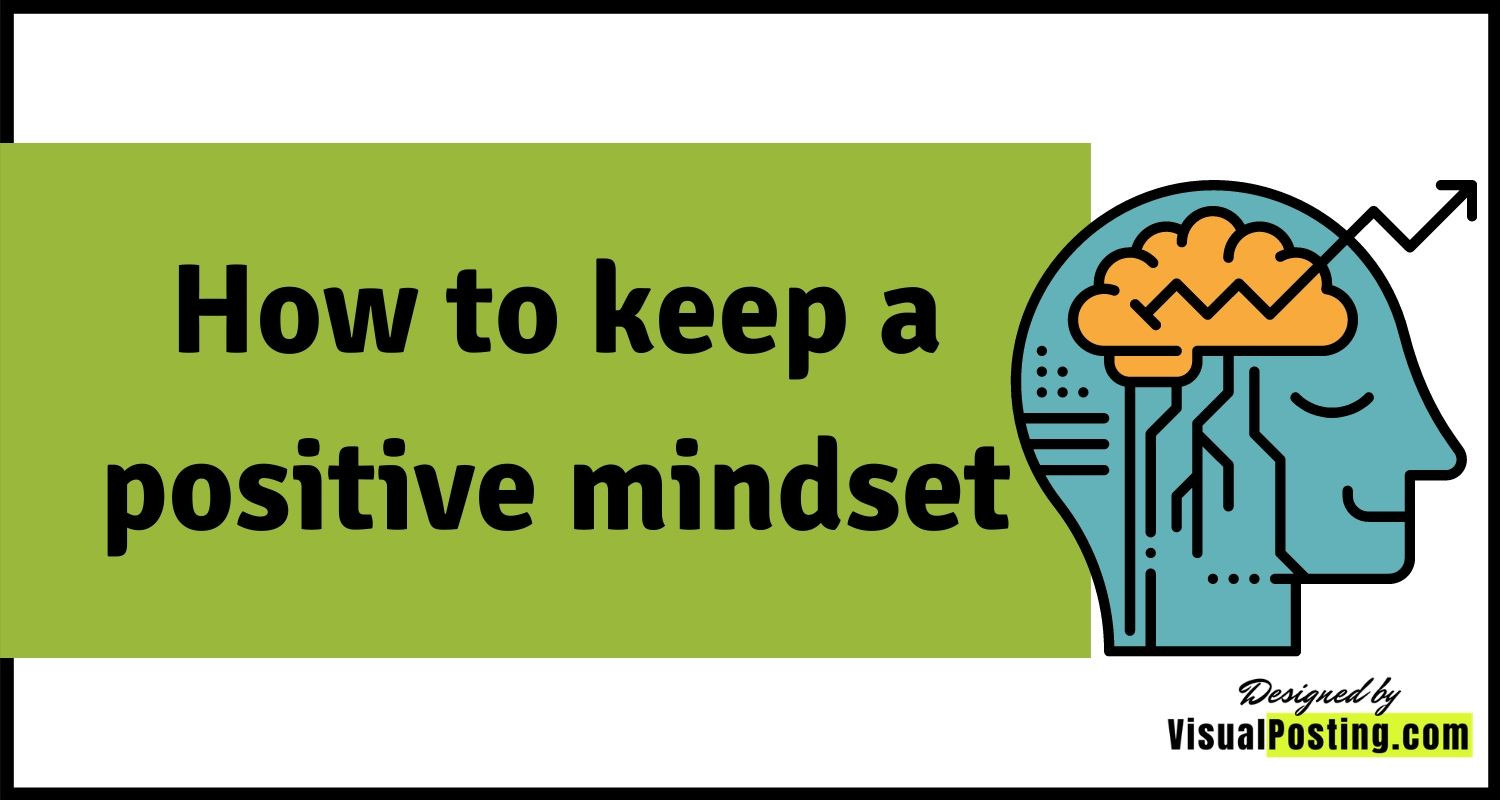How To Maintain A Positive Mindset

In a world saturated with 24-hour news cycles and relentless demands, maintaining a positive mindset can feel like an uphill battle. Stress, anxiety, and negativity seem to be ubiquitous, impacting our mental and physical health, productivity, and overall well-being.
While positivity isn't about ignoring challenges, it's about approaching them with resilience and optimism. This article delves into evidence-based strategies for cultivating and sustaining a positive mindset, drawing from psychological research and expert advice.
Understanding the Foundation
At its core, a positive mindset involves focusing on the good, practicing gratitude, and reframing negative thoughts. It's about recognizing your strengths and believing in your ability to overcome obstacles, even in difficult circumstances.
Dr. Emily Carter, a clinical psychologist specializing in cognitive behavioral therapy (CBT), emphasizes that "a positive mindset isn't an innate trait but a skill that can be learned and honed through consistent practice." CBT techniques are instrumental in helping individuals challenge and change negative thought patterns.
Practical Strategies for Cultivating Positivity
Gratitude Practices
Regularly acknowledging and appreciating the good things in your life can significantly shift your perspective. Studies show that practicing gratitude can increase happiness levels and reduce feelings of depression and anxiety.
Start a gratitude journal and write down three things you're grateful for each day. This could be as simple as a beautiful sunrise, a kind word from a colleague, or a delicious meal. The key is to be specific and mindful.
Mindfulness and Meditation
Mindfulness practices, such as meditation, can help you become more aware of your thoughts and feelings without judgment. This awareness allows you to detach from negative thoughts and observe them from a distance.
Numerous studies, including those published in the Journal of the American Medical Association (JAMA), demonstrate the benefits of mindfulness meditation for reducing stress, improving focus, and promoting emotional regulation.
Reframing Negative Thoughts
Negative thoughts can often be automatic and distorted. Reframing involves challenging these thoughts and finding more balanced and realistic perspectives.
For example, if you make a mistake at work, instead of thinking "I'm a failure," try reframing it as "I made a mistake, but I can learn from it and do better next time." Cognitive restructuring is a powerful tool in this process.
Physical Well-being and Positivity
The mind and body are interconnected. Taking care of your physical health is crucial for maintaining a positive mindset. Regular exercise releases endorphins, which have mood-boosting effects.
Adequate sleep is also essential. The National Sleep Foundation recommends adults get 7-9 hours of sleep per night to support optimal cognitive function and emotional well-being.
Social Connections
Strong social connections provide support, reduce feelings of loneliness, and offer opportunities for positive interactions. Spend time with loved ones, engage in social activities, and cultivate meaningful relationships.
Research from Harvard University has consistently shown that strong social connections are a key predictor of happiness and longevity. Building and nurturing relationships is crucial for overall well-being.
Challenges and Considerations
It's important to acknowledge that maintaining a positive mindset isn't always easy. Life presents genuine challenges and setbacks.
Toxic positivity, or the excessive and ineffective overgeneralization of happiness, can be harmful. It's crucial to allow yourself to feel and process difficult emotions.
If you're struggling with persistent negative thoughts or feelings, seeking professional help from a therapist or counselor is essential. They can provide personalized support and guidance.
Looking Ahead
Cultivating a positive mindset is an ongoing journey, not a destination. It requires consistent effort, self-compassion, and a willingness to learn and grow.
By incorporating these evidence-based strategies into your daily life, you can build resilience, enhance your well-being, and navigate challenges with greater optimism. Remember that small, consistent efforts can lead to significant positive changes in your outlook and overall quality of life. Embrace the journey!


















